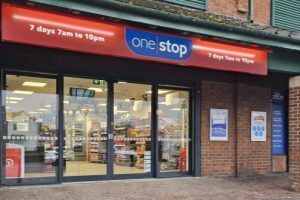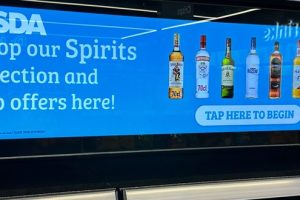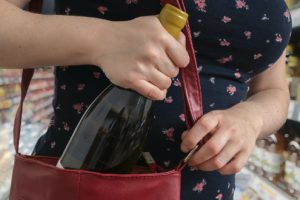Based on a study of 2,000 respondents, it offers insights into the top ways the cost of living crisis has affected consumer buying behaviour, ways Brits prefer to shop for groceries, key drivers for product selection when shopping for groceries and impulse purchasing trends.
According to Clear Channel’s report, 75% of people have had to change their grocery shopping behaviour due to the cost of living crisis. More than one in five reported cutting down on essentials.
The report revealed that nearly half of shoppers (45%) are cutting down on luxuries and treats while 38% of people are doing their best to avoid impulse purchases.
Other ways of adapting to the cost of living crisis include shopping at cheaper supermarkets (37%), swapping usual brands for own labelled goods (35%), and shopping less frequently to avoid overspending (26%).
Only 13% of Brits said they didn’t have to adjust their spending in the wake of the financial insecurity.
The research also revealed that 96% of Brits prefer to shop in stores than online.
Surprisingly 16-24-year-olds behave more like Boomers than Millennials when it comes to grocery shopping behaviour, with 59% stating they prefer to shop in person than online – the same preference as their Boomer counterparts.
When it comes to the main reasons why British consumers favour in-store shopping, being able to immediately assess a product’s quality (63%) plays a key role. Immediate availability of the product (53%) and being able to obtain better deals (43%) round out the top three main reasons for shopping in person.
Nearly one in three believe they are more likely to discover new products, while 25% of Brits value the in-store customer experience.
Key findings from the survey:
- 96% of Brits shop in stores, with 45% preferring to shop in stores only, 8% online only and 46% shopping both in-store and online.
- Key drivers for product selection are discounts (65%), the cheapest price on the market (37%) and products from a well-established brand (27%).
- One in 10 Brits impulse buys every time they shop.
- Residents in Plymouth, Brighton, Newcastle, London and Liverpool are the most likely to make impulse purchases.
- Food (55%), clothes (29%), drinks (25%), takeaways (24%) and household items (23%) are the top impulse purchase categories in the UK.
- The top impulse purchase categories for men are food (55%), drinks (31%) and takeaways (24%) while for women are food (54%), clothes (35%) and household items (26%).
 Talking Retail Grocery and product news for independent retailers
Talking Retail Grocery and product news for independent retailers






